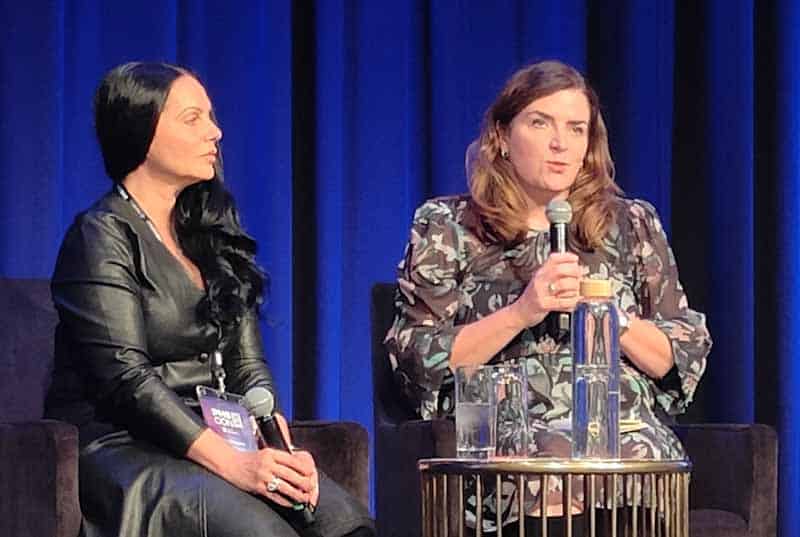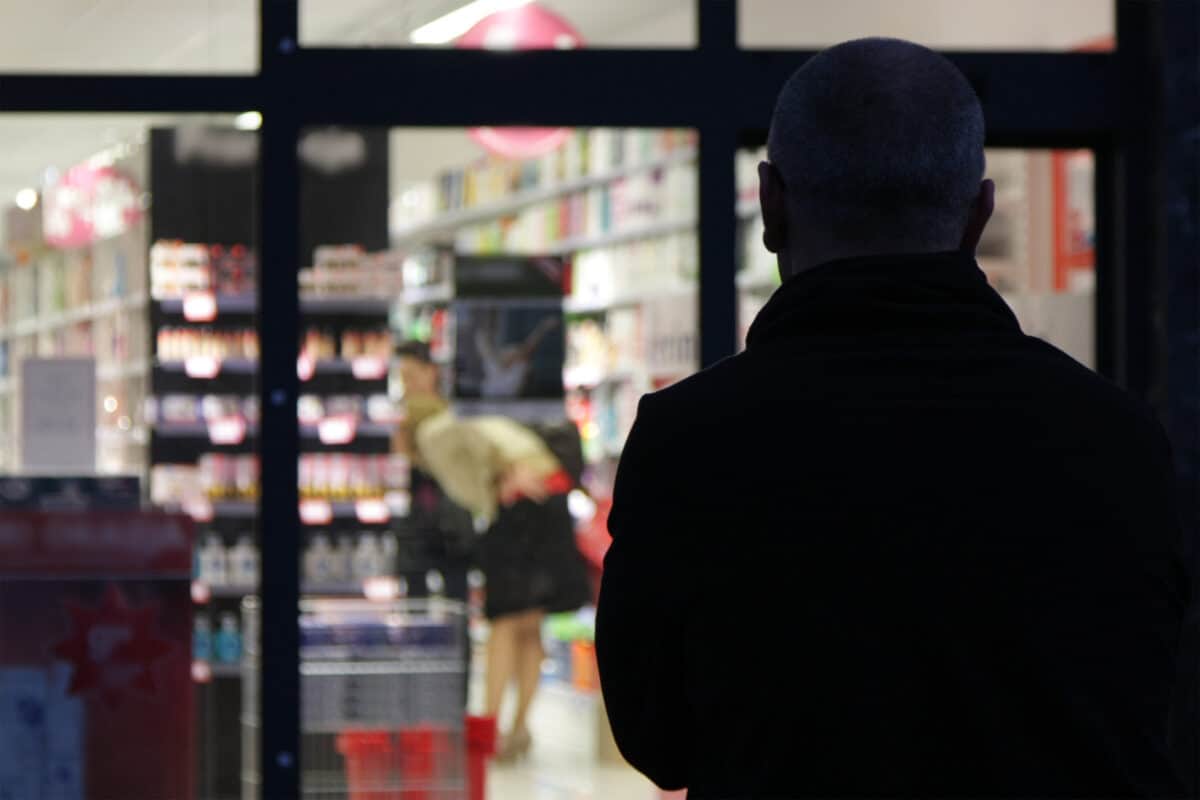To truly understand occupational health and safety (OHS) issues, it is necessary to examine OHS concerns beyond one’s own industry. Recently, this blog has reported on some parliamentary debates on OHS in the horse racing industry. The November edition of The Monthly includes an exposé of the OHS of Australia’s horse racing industry by freelance writer, Madison Griffiths, with lessons for all of us on morality, Godliness, accountability and leadership. The article is paywalled but well worth the purchase.
Category: rape
When Safety Is Optional: The OHS Blind Spot in Childcare Abuse Reform
Improvements in safety and health at work are almost always begun after fatalities, catastrophes and scandals. This says much about the prominence of occupational health and safety (OHS) in Australian society. The latest industrial scandal is in the childcare industry. Non-compliance with safety requirements was exposed in March 2025, but now allegations of sexual abuse of babies, toddlers and children have been levelled against several workers. The industry and the governments that oversee it are struggling to identify solutions. OHS can provide a legal and managerial framework, as determined in a safety review published only last week.
OHS deserves a seat at Australia’s childcare sex abuse reform table
The community in Melbourne, Australia, has been talking about little else but a sex abuse scandal in the childcare industry. (It makes a difference from talking about beef wellingtons.) The media and the government are announcing and investigating various regulatory and enforcement options to prevent a recurrence. This abuse is a grave concern and not one that was unexpected, as earlier inquiries had identified the risk. The prevention of sexual harm to children has an occupational health and safety (OHS) context that should not be ignored.
New class action on sexual abuse in Australian mining
Many of the prominent Australian mining companies are in the process of changing their cultures to minimise the risk of sexual assaults and harassment after several recent damning inquiries into worker health and safety. Everyone seems to agree that cultural change can take a long time. I am not convinced. Change will take time if one operates within the existing organisational and operational parameters and structures. But sometimes, the harm to workers is so great that a long time exacerbates unfairness and injustice.
Let’s talk about Zagi
Zagi cried. I cried, and the conference delegates cried. Zagi Kozarov‘s presentation at the Psych Health and Safety Conference was confronting, disturbing, and a highlight. Occupational health and safety (OHS) conferences often hear from survivors of physical work injuries and, usually, wives of deceased workers, but Kozarov spoke of the injustice she faced from her managers in an industry sector that few would want to work – the (then) Specialist Sex Offences Unit of the Office of the Public Prosecutor (OPP). What she saw at work was horrific, but the job was less the source of her mental anguish than the negligent treatment she received from her managers.
Caution: this article mentions sexual abuse and assault.
Violence against retail workers persists
The Australian Financial Review published an article on April 14 2023 (paywalled) about workplace health and safety risks faced by retail workers. The entry point was the stabbing death of twenty-year-old bottle shop worker Declan Laverty in Darwin. That a business newspaper includes an extensive article on workplace safety is a positive, but it tries to be too inclusive and overlooks hazard control measures.
Australia’s mining sector can avoid becoming the next institutional pariah
Around a decade ago, parts of the Australian rail construction industry introduced the Pegasus Card. The intent was to have a single portal through which a worker’s competencies and eligibility to work could be verified. It evolved into the Rail Industry Worker Card in existence today. Pegasus remains in parts of the mining sector.
I was reminded of the Pegasus Card when I read the recent West Australian report into sexual harassment in the mining sector, Enough is Enough. One of its recommendations, Number 3, was that:
“The industry must explore ways to prevent perpetrators of serious sexual harassment simply finding reemployment on other sites and in other companies. This should involve:
– thorough exploration of an industry-wide workers’ register or other mechanism such as industry-wide accreditation, taking into account natural justice considerations and perhaps modelled on the Working With Children Card;…..
“industry-wide workers’ register”? Isn’t that what the Pegasus card helps to manage?






